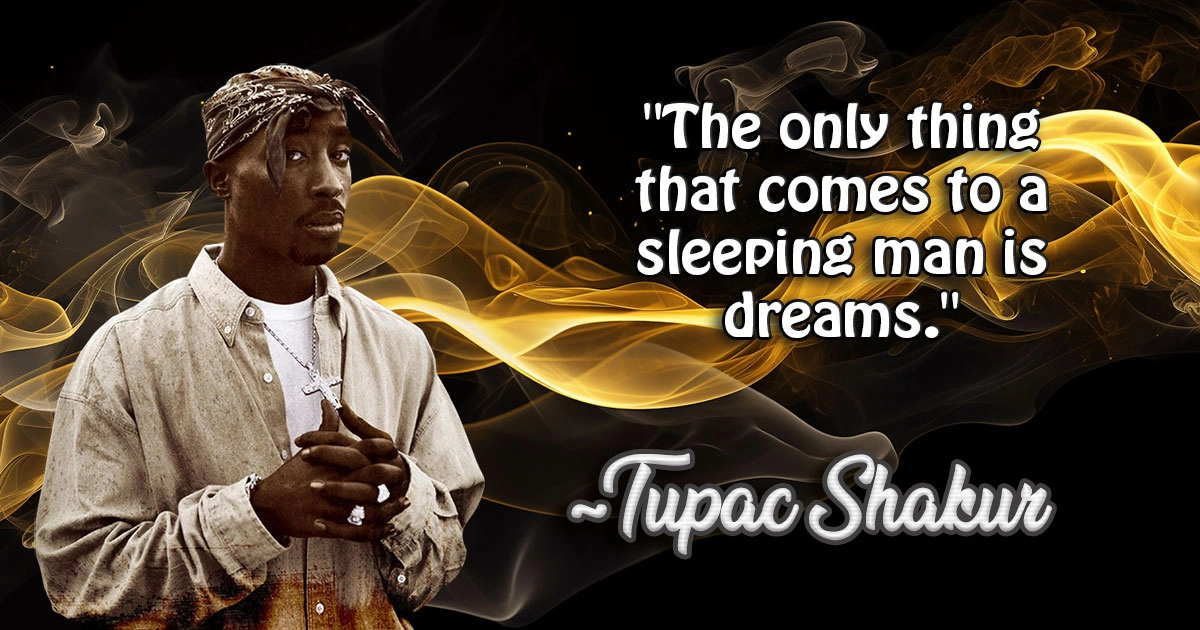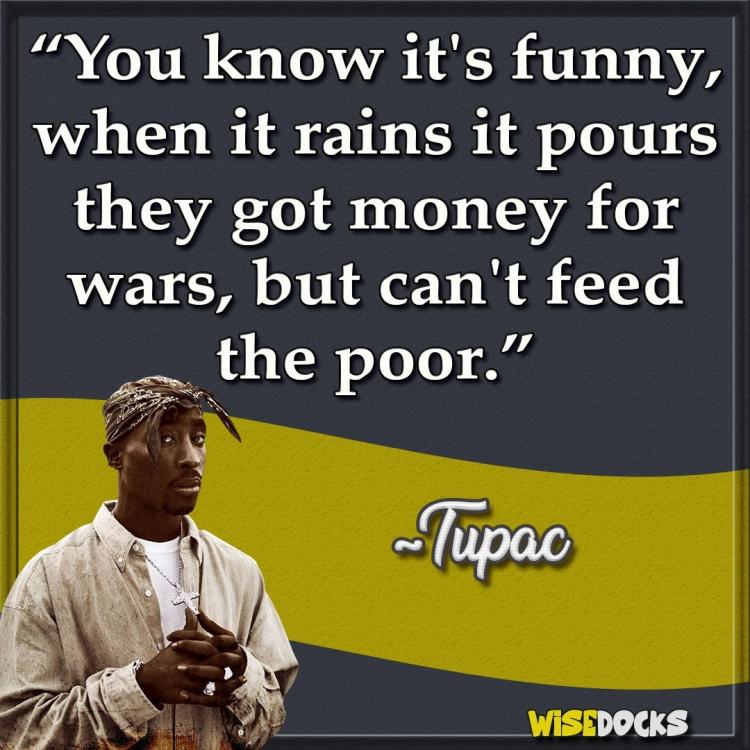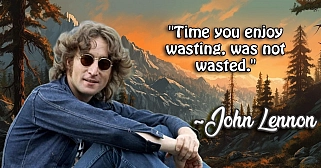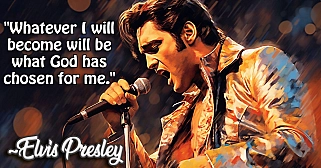Tupac Shakur: A Life of Poetry, Passion, and Legacy

Tupac Shakur
Tupac Amaru Shakur, known by millions simply as Tupac or 2Pac, was not just a rapper—he was a poet, an activist, and a voice for the voiceless. His life, tragically cut short at the age of 25, remains one of the most compelling stories in the history of music and American culture. Tupac's journey from a troubled youth to becoming a global icon is filled with struggles, triumphs, and contradictions that reflect the complexities of race, class, and identity in America.

Early Life: Shaped by Activism and Struggle
Born on June 16, 1971, in East Harlem, New York, Tupac Amaru Shakur was named after an 18th-century Peruvian revolutionary. His mother, Afeni Shakur, was an active member of the Black Panther Party, a group that fought for civil rights and Black empowerment in the face of systemic racism and oppression. Tupac's father, Billy Garland, was also associated with the Panthers, though he wasn’t a consistent presence in Tupac's life. This political background deeply influenced Tupac's worldview from an early age.
Tupac grew up amidst poverty and instability. His mother, Afeni, struggled with substance abuse after her time with the Panthers, and Tupac frequently moved between cities and homes, living in shelters at times. Despite these challenges, Tupac was an intelligent and sensitive child. He developed an early love for acting, writing, and performing, and attended the Baltimore School for the Arts. It was here that Tupac's artistic talents truly blossomed. He excelled in acting, poetry, and dance, and it was in Baltimore that he first encountered hip-hop culture.
At the School for the Arts, Tupac met Jada Pinkett, who would become one of his closest friends. He was known for his charisma and sharp intellect, but also for his fiery temper and intensity, traits that would follow him throughout his life. Even at a young age, Tupac was drawn to issues of justice, inequality, and the struggles of the underprivileged, themes that would later dominate his music.
Breakthrough in Rap: Rising Through the Ranks
Tupac's first steps into the world of hip-hop came when he joined the group Digital Underground as a backup dancer and rapper. He made his debut on the group's track "Same Song" in 1991, and soon after, he released his first solo album, "2Pacalypse Now," in 1991. The album was raw, politically charged, and filled with stories about police brutality, systemic racism, and life in the ghetto. Songs like "Brenda's Got a Baby" and "Trapped" highlighted Tupac's ability to merge social commentary with personal storytelling.
While the album didn’t have massive commercial success, it established Tupac as a bold, uncompromising voice in rap. His lyrics, laced with anger and sorrow, reflected the harsh realities of life for many young Black Americans in the early 1990s. The album also attracted controversy, with politicians like Vice President Dan Quayle publicly criticizing it for promoting violence.
But Tupac was undeterred. His second album, "Strictly 4 My N.I.G.G.A.Z." (1993), continued to address issues of social injustice while also leaning more into mainstream success. The album included hits like "I Get Around" and "Keep Ya Head Up," the latter of which became an anthem for women’s empowerment and the struggles faced by single mothers.
Despite his growing fame, Tupac's life was plagued by legal troubles, violence, and personal turmoil. He was involved in multiple altercations, including a 1993 incident where he was accused of sexually assaulting a woman in a hotel room. Tupac denied the charges, maintaining his innocence, but was convicted of sexual abuse and sentenced to prison.
The East Coast-West Coast Rivalry: A Divided Legacy
While Tupac was serving his prison sentence, the East Coast-West Coast rivalry in hip-hop began to intensify. Tupac, who had moved to Los Angeles and aligned himself with the West Coast scene, became embroiled in the conflict, particularly with The Notorious B.I.G. (Biggie Smalls), who was one of the biggest rappers on the East Coast. This rivalry, fueled by the media, personal beef, and industry politics, would dominate the latter part of Tupac's career.
In 1995, while still in prison, Tupac released his third album, "Me Against the World." The album debuted at number one on the Billboard 200, making Tupac the first artist to achieve such success while incarcerated. "Me Against the World" was introspective and emotional, with tracks like "Dear Mama" paying tribute to his mother and songs like "So Many Tears" reflecting on the pain and violence he had witnessed in his life. The album solidified Tupac's status as not just a rapper, but a poet and storyteller who could tap into universal themes of love, loss, and survival.
After serving several months in prison, Tupac was bailed out by Suge Knight, the CEO of Death Row Records. In exchange, Tupac signed with Death Row and immediately began working on his next album, "All Eyez on Me" (1996). The double album was a departure from the introspection of "Me Against the World." Instead, "All Eyez on Me" was brash, aggressive, and celebratory, with Tupac reveling in his newfound freedom and success. Hits like "California Love" and "How Do U Want It" dominated the airwaves, and the album was a commercial triumph.
However, the East Coast-West Coast feud continued to escalate. Tupac's "Hit 'Em Up," a vicious diss track aimed at Biggie and the East Coast scene, only heightened tensions. The rivalry became more than just a war of words—it turned deadly, with rumors of gang affiliations and violent confrontations swirling around both Tupac and Biggie.
The Final Chapter: A Tragic End
By 1996, Tupac was one of the most successful and controversial figures in music. He had become a symbol of defiance and rebellion, as well as a voice for those who felt marginalized and oppressed. But his life was spiraling out of control. He was constantly surrounded by violence, paranoia, and betrayal, and he seemed to sense that his time was running out.
On September 7, 1996, Tupac was in Las Vegas to attend a Mike Tyson boxing match. After the fight, Tupac and his entourage got into a brawl with a rival gang member at the MGM Grand. Later that night, as Tupac was riding in a car with Suge Knight, a white Cadillac pulled up alongside them, and an unknown assailant opened fire. Tupac was hit multiple times and rushed to the hospital. Six days later, on September 13, 1996, Tupac Shakur died from his injuries. He was just 25 years old.
Tupac’s murder remains unsolved, though many theories and rumors have circulated about who was responsible. His death marked the end of an era in hip-hop and left a gaping void in the music world. Just six months later, The Notorious B.I.G. was also killed in a drive-by shooting, bringing a tragic conclusion to the East Coast-West Coast feud.
Legacy: Tupac's Enduring Impact
Tupac’s life was brief, but his influence endures. In the years following his death, he became a larger-than-life figure, a symbol of resistance, empowerment, and artistic integrity. His posthumous albums, including "The Don Killuminati: The 7 Day Theory" and "Until the End of Time," continued to showcase his lyrical talent and raw emotional power.
More than just a rapper, Tupac was a poet whose words transcended music. His songs tackled issues like poverty, police brutality, racism, and the struggles of growing up in a broken society. He gave voice to the pain and frustration of a generation, and his lyrics remain as relevant today as they were in the 1990s.
Tupac’s influence extends beyond music. He was an actor, starring in films like "Juice" and "Poetic Justice," where his performances were praised for their depth and authenticity. He was also an activist, using his platform to speak out against injustice and advocate for social change. Tupac’s words continue to resonate with people around the world, and his life serves as both an inspiration and a cautionary tale.
In the end, Tupac Shakur was more than just a rapper—he was a revolutionary artist whose legacy continues to shape the world of hip-hop and popular culture. His passion, poetry, and uncompromising vision live on in the hearts of millions who still find meaning in his words. Though his life was cut short, Tupac's spirit endures, reminding us that even in the face of adversity, one voice can change the world.
Tupac's story is one of triumph, tragedy, and an unbreakable spirit. He lived his life on his terms, refusing to be silenced or held back by the circumstances he was born into. His music, his activism, and his passion for justice have left an indelible mark on the world. As long as there are people who feel unheard or oppressed, Tupac's voice will continue to echo through time, reminding us all that we can rise above our circumstances and make our mark on the world, just as he did.


